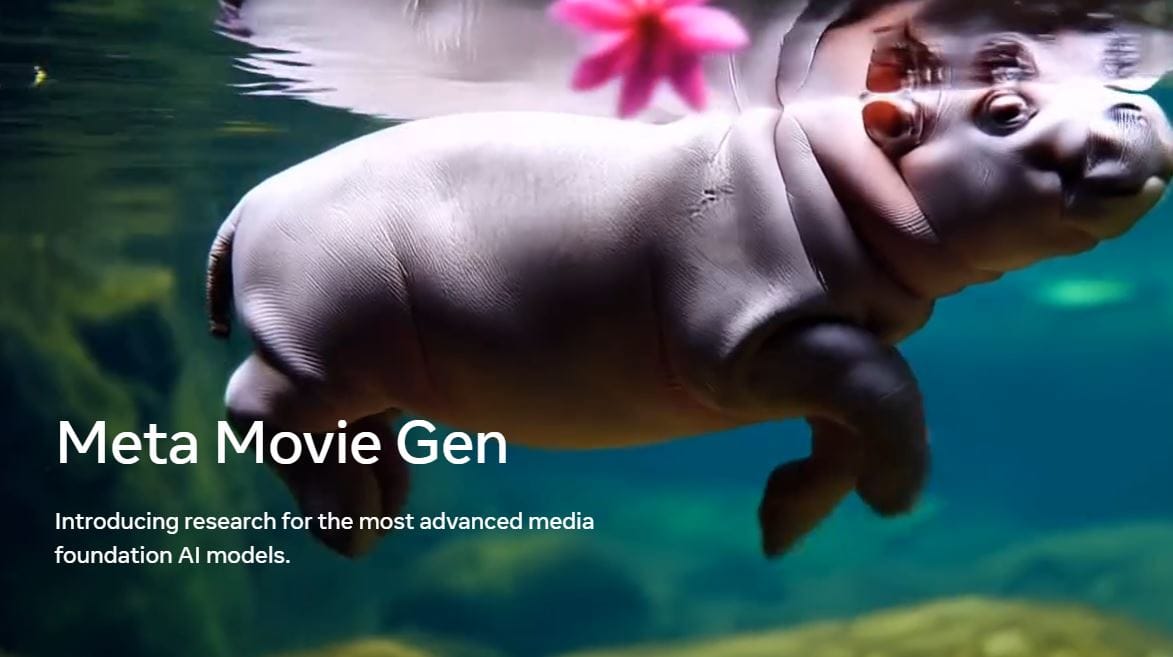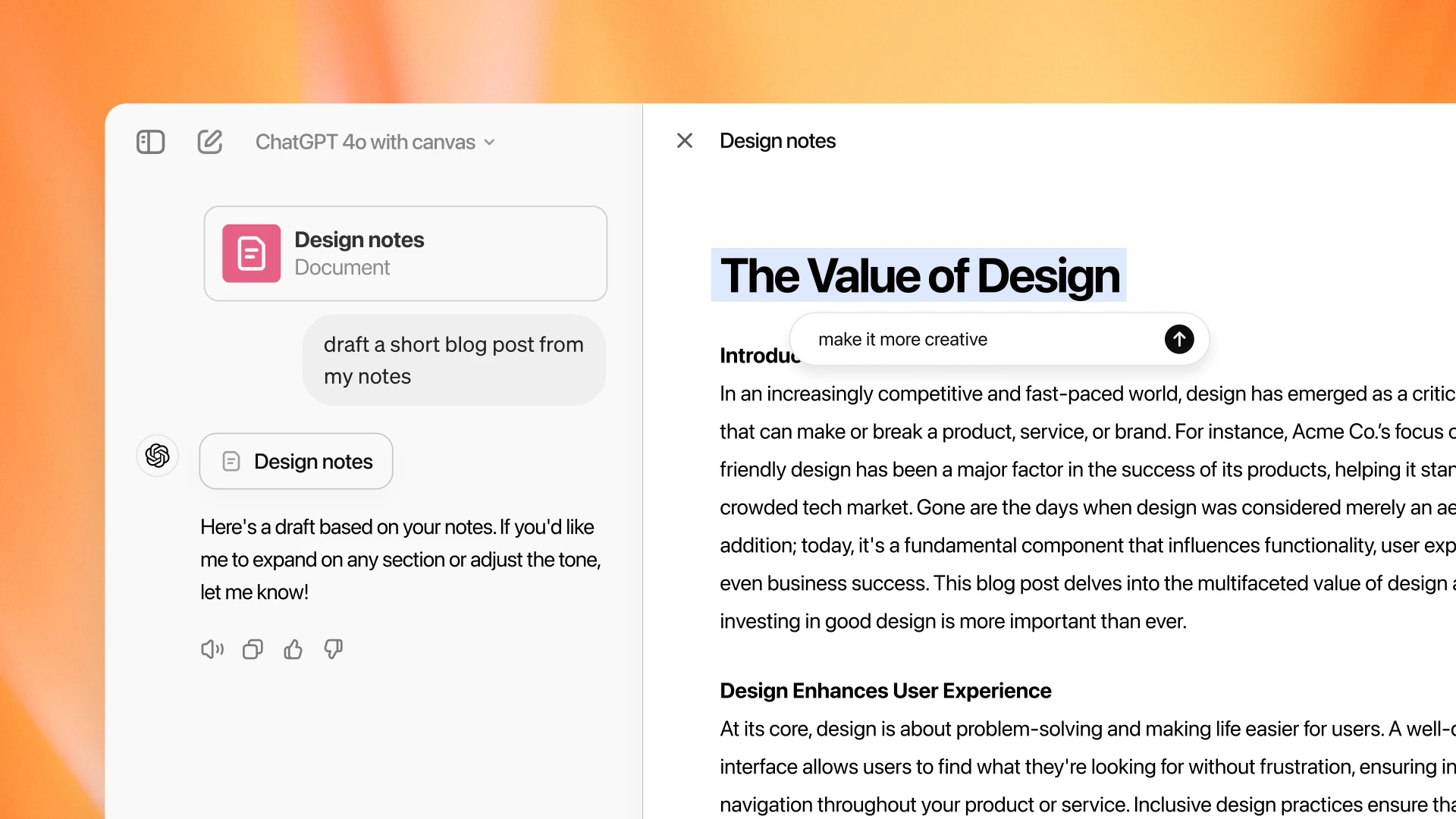Imagine a world where everyone, no matter who they are or what they do, gets a fixed amount of money daily. It’s a fascinating thought, isn’t it? Let’s dive into the implications of such a scenario and explore how it could transform our lives.
Would People Still Want to Work if they got a fixed amount of money daily?
This is the first question that pops into most people’s minds. If everyone receives the same amount of money daily, what would motivate anyone to work? Here are a few possibilities:
- Passion Over Paycheck: People might choose jobs based on passion rather than pay. Imagine artists creating without financial stress or scientists researching out of pure curiosity.
- Job Satisfaction: With financial security, people might focus on jobs that offer personal fulfillment, reducing workplace stress and burnout.
- Volunteering and Community Service: More people might engage in volunteer work, benefiting society in numerous ways.
Would This System Eliminate Poverty?
A daily fixed income could significantly impact wealth inequality and poverty. Here’s how:
- Basic Needs Covered: With a guaranteed daily income, everyone would have their basic needs met, reducing poverty levels drastically.
- Redistribution of Wealth: The wealth gap might shrink as everyone receives the same amount, although it wouldn’t completely eliminate wealth disparities due to existing assets and properties.
What About Economic Stability due to a fixed amount of money daily?
Could This System Sustain an Economy?
Economic stability is another major concern. Here are the potential effects on the economy:
- Consumer Spending: With a steady income, people might spend more, boosting the economy.
- Inflation Control: If the fixed amount is carefully regulated, it could help control inflation. However, if not managed well, it could lead to hyperinflation.
- Employment Shifts: Certain jobs might see a decline in workforce, particularly those driven by necessity rather than choice, like low-paying, high-stress jobs.
Real-Life Examples and Experiments
Has This Been Tried Before?
There have been various experiments and models resembling this idea:
- Universal Basic Income (UBI): Some countries have tested UBI, where citizens receive a fixed amount regularly. For example, Finland’s UBI trial showed increased happiness and well-being, though it didn’t significantly affect employment rates.
- Alaska Permanent Fund: Alaska distributes a share of oil revenues to residents annually, providing a small-scale example of how guaranteed income can work.
Are There Any Potential Drawbacks?
While the idea sounds utopian, there are several potential downsides:
- Complacency: Some might become complacent, relying solely on a fixed amount of money daily without seeking personal growth or contributing to society.
- Economic Strain: Funding a universal daily income could put a strain on national economies, requiring significant restructuring of tax systems and government budgets.
- Social Dynamics: The balance of social power could shift, leading to unforeseen consequences in how communities function and interact.
Personal Stories and Relatable Examples
How Would It Affect Our Daily Lives?
Let’s consider a few personal stories to illustrate potential outcomes:
- The Struggling Artist: Emily, a struggling artist, currently juggles multiple part-time jobs. With a guaranteed daily income, she could focus entirely on her art, potentially leading to a breakthrough in her career.
- The Overworked Parent: John, a single parent, works long hours to support his family. A daily income would allow him to spend more quality time with his children, improving their overall well-being.
What’s the Takeaway?
The concept of everyone receiving a fixed amount of money daily is intriguing and holds the promise of a more equitable society. However, it also presents significant challenges and requires careful planning and execution. Whether it would lead to a utopian world or create new problems, it’s a topic worth exploring further. The key lies in balancing financial security with personal motivation and societal needs.






